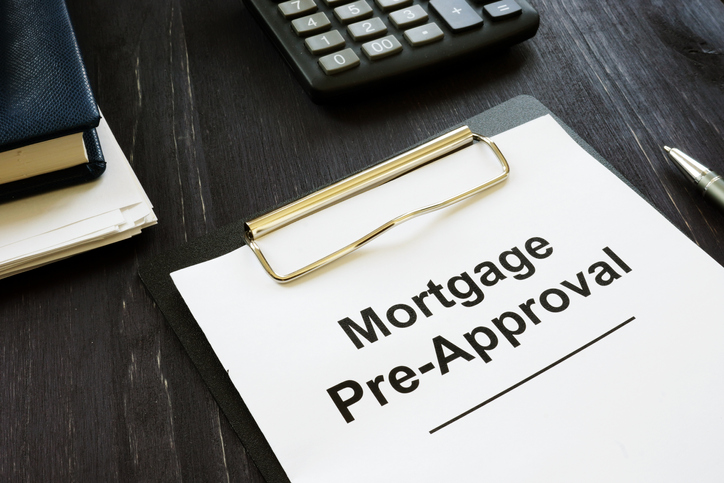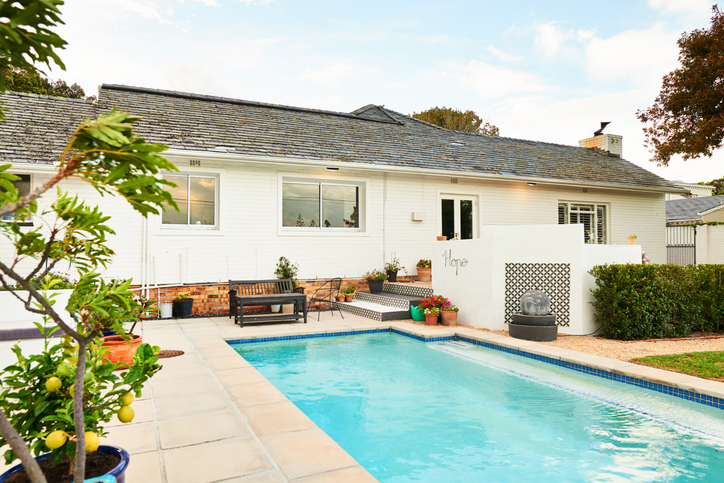Can a house with a VA loan be rented out?
Yes, you can rent out your house purchased with a VA loan, but there are specific conditions you must meet. When you initially apply for a VA loan, you agree that you intend to occupy the property as your primary residence.
However, the Department of Veterans Affairs understands that situations change, allowing for some flexibility under certain conditions.
Renting out a house with a VA Loan
Occupancy
Generally, you are expected to move into the home purchased with a VA loan within a reasonable period, typically within 60 days after closing. This demonstrates your intention to use it as your primary residence.
If your circumstances change after you’ve met the initial occupancy requirement (e.g., military deployment, job relocation), you may rent out the home.
Purchasing another property with a VA loan
If you plan to purchase a new home with a VA loan and rent out your original property, refinancing your existing VA loan into a conventional loan might be a consideration. This action could free up your VA loan entitlement for the new purchase.
If you intend to retain your existing VA loan while acquiring another one for a new purchase, this is possible. However, you must be able to financially manage both mortgage payments and possess sufficient entitlement to secure another property using a VA loan. You can learn more about obtaining another VA loan by visting this page >> Using the VA loan more than once.
Can the rental income be used towards qualifying for a new mortgage?
Yes, rental income can be considered when qualifying for another VA loan, but there are specific guidelines and requirements.
The Department of Veterans Affairs allows lenders to consider rental income as part of your income, which can help you qualify for a new VA loan.
However, to include this rental income in your loan application, you must meet certain criteria:
Documentation:
You need to provide documentation of the rental income, which can include lease agreements and a history of rental income received. This documentation helps verify the income’s stability and reliability.
If the home has been rented out for 12 months or longer, tax returns will be required for income verification.
Equity Requirements:
Some lenders may require that you have a certain amount of home equity in the rental property to count the income towards your qualification. This varies by lender.
Lenders might only consider a portion of the rental income in your application due to potential vacancies and maintenance costs associated with being a landlord.
Cash Reserves:
Your credit score and debt-to-income ratio could necessitate the need for cash reserves. Usually, this means having enough funds to cover three months’ worth of mortgage payments for both your current and new home, held in a savings or brokerage account.
This requirement aims to minimize the risk of mortgage default in the event that the tenant ceases to pay rent.






